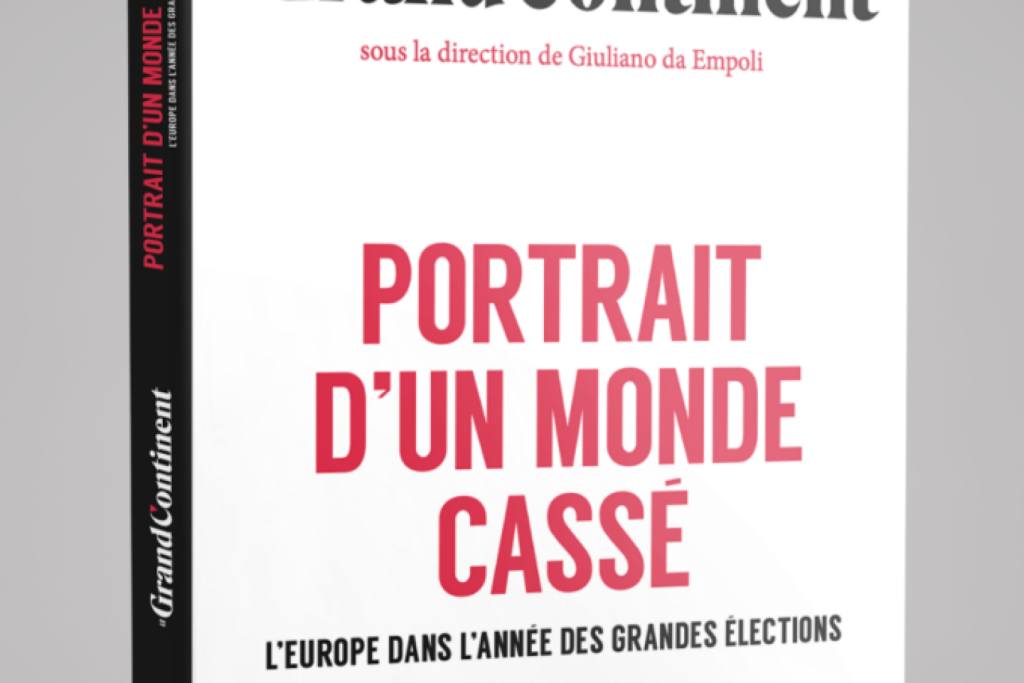The year 2024 is an unusual election year, with citizens from seventy-six countries being called to vote. While some elections are particularly scrutinized, such as the presidential election in the United States, this phenomenon has become commonplace. According to writer Giuliano da Empoli, there is no longer a clear distinction between the electoral campaign phase and the governance phase. In the past, the realism of governance would follow the lyricism of electoral conquest. Today, we have entered a logic of permanent campaigning, with digital media maintaining a constant agonistic atmosphere in the public space.
The world is currently divided, with Europe torn between supporters of ecological transition and climate skeptics, as well as between multiculturalists and progressives on one side, and conservatives and identity-driven individuals on the other. The conflict in Ukraine has strengthened the European identity of the nation led by Zelensky, described as “Churchill with an iPhone” by British historian Timothy Garton Ash. However, Europe must do more to support Ukraine and make a consistent choice in favor of the country’s European aspirations.
The conflict in Gaza further exacerbates divisions within the European Union (EU). The simultaneous occurrence of these two conflicts poses challenges in terms of coherence in the EU’s external relations, according to Josep Borrell, the EU’s foreign policy chief. The lack of unity within the EU on the Israeli-Palestinian conflict weakens the bloc’s credibility in defending international law. This situation creates an impression of double standards, particularly prominent in the Global South, a concept criticized by political analyst Bruno Tertrais, who sees it as an intellectual and political trap that values the idea of political confrontation with the West.
The concept of the Global South is defended by researcher Aude Darnal as the most neutral and polysemic term available to describe the diverse Southern states. The challenges faced by Europe, including populism, climate change, and conflicts in Ukraine and Gaza, are sources of great concern for European intellectuals. The need for coherence in the EU’s external relations is emphasized in addressing these issues, and the lack of unity within the bloc is seen as weakening its ability to uphold international law and promote peace and stability globally.
In conclusion, the year 2024 brings to light the complex and interconnected nature of global politics and the challenges faced by democratic societies. The continuous process of election campaigning, the divisive issues within Europe, and the conflicting situations in regions like Ukraine and Gaza require thoughtful and proactive responses from international actors. The need for unity, coherence, and a commitment to upholding fundamental values such as democracy, human rights, and international law is crucial in navigating the complexities of the modern political landscape.


